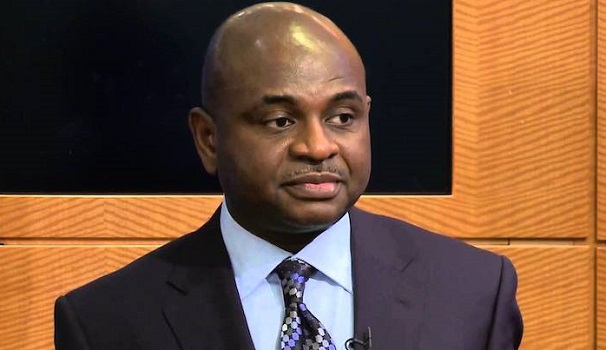Politics
Moghalu reveals cause of poverty in Nigeria, proffers solutions

A former Deputy Governor of the Central Bank of Nigeria (CBN) and political economist, Kingsley Moghalu, has bemoaned the escalating levels of poverty across the country.
Moghalu made this assertion on Monday, during an interview on AriseTV, noting that the ineffectiveness of governments over the years has led to the appalling economic state in the country.
This came in the wake of a report published by the National Bureau of Statistics which revealed that the number of Nigerians living in poverty stood at over 133 million.
It said the figure represents 63 per cent of the nation’s population.
The NBS disclosed this in its “Nigeria Multidimensional Poverty Index’’ released on Thursday.
According to the report, over half of the population who are poor cook with dung, wood or charcoal, rather than cleaner energy.
It said high deprivations were also apparent in sanitation, access to healthcare, food insecurity, and housing.
The report noted that multidimensional poverty was higher in rural areas, where 72 per cent of people are poor, compared to 42 per cent of people in urban areas.
In his submission, Moghalu noted that there was a lack of political consensus needed to tackle the menace
“Social interventions should be backed by national legislations in order to eliminate poverty but there is a lack of political consensus.
“Setting up a welfare state requires creating wealth in order to redistribute wealth while creating proactive measures against natural scourges such as climate changes and desertification.
“This is why we need to vote people who have proactive plans that must be executed — this requires risk and project management.
“Part of the problem is an emphasis on the states and the question needs to be asked on why these interventions is reaching very few people — this is due to lack of data and racketeering/corruption,” Moghalu noted.
Join the conversation
Support Ripples Nigeria, hold up solutions journalism
Balanced, fearless journalism driven by data comes at huge financial costs.
As a media platform, we hold leadership accountable and will not trade the right to press freedom and free speech for a piece of cake.
If you like what we do, and are ready to uphold solutions journalism, kindly donate to the Ripples Nigeria cause.
Your support would help to ensure that citizens and institutions continue to have free access to credible and reliable information for societal development.






















